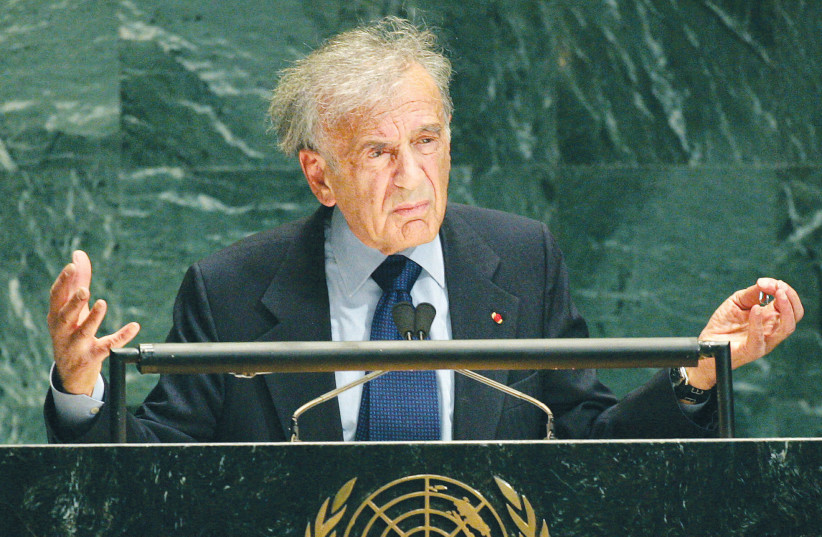Despite the phrase "never again" long linked to Holocaust commemoration, almost half (47%) of the Israeli public are concerned that another Holocaust will strike the Jewish people, according to a new survey.
The poll was conducted just days ahead of Israel's Holocaust Remembrance Day, which starts Wednesday evening, April 27, by the Pnima movement and first published in the Israeli newspaper Israel Hayom.
The survey found that women expressed more anxiety about another Holocaust compared to men (55% versus 42%) and that younger Israelis are especially fearful – 24% of Israelis under the age of 24 said that they were very worried about a second Holocaust, in contrast to just 12% of Israelis over the age of 45.

Notably, religiously observant Israelis are more worried about an ensuing Holocaust. Israelis who define themselves as haredim (ultra-Orthodox) responded that they were very concerned about the likelihood, as opposed to just 11% of Israelis who identify themselves as secular.
The ongoing threat from the Iranian regime, which has repeatedly declared its desire to wipe out the Jewish state, is a noted contributor to Israelis' distress over another Holocaust.
The survey also asked Israelis how they think Holocaust Remembrance Day, which is widely observed in Israel as a day to memorialize the six million Jews murdered in the Shoah, will be commemorated in the future. Currently, telling the stories of the victims and survivors is the priority on this day, but this is becoming increasingly challenging as survivors are now in their 80s and 90s, meaning that soon there will be no living firsthand accounts of the attempted genocide.
In light of this, the poll found that most Israelis predict the day will be marked very differently in coming years. Forty-five percent of respondents said that within 30 years, it would be observed by events alone; 13% thought that it would not be marked at all and would be just another day.
Participants suggested increased exposure to recorded testimonies of survivors so that Holocaust Remembrance Day remains relevant, as well as subsidized trips to former Nazi concentration and death camps for every Israeli. Even so, 19% of respondents expressed the belief that it is inevitable that Holocaust Remembrance Day will lose its significance over time.
